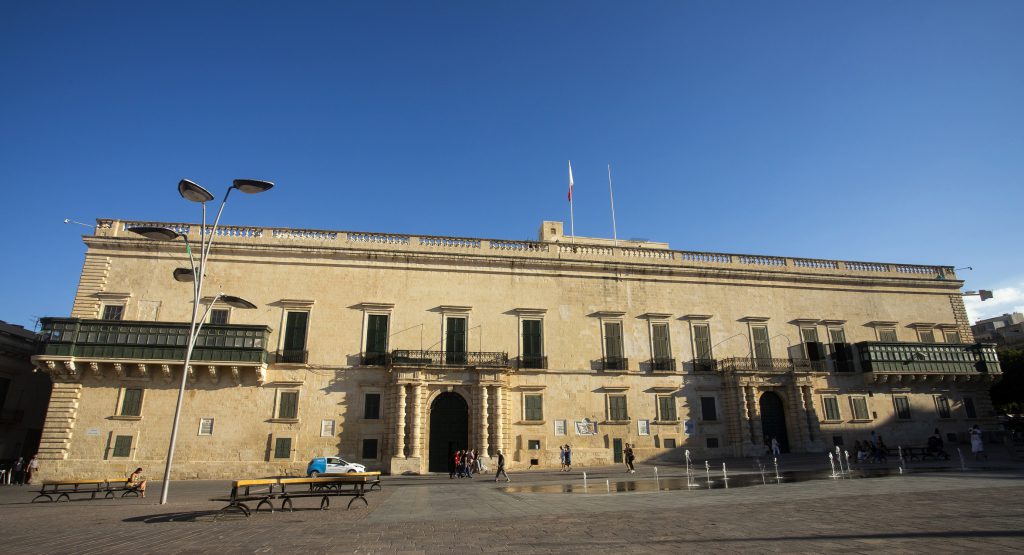Stuck in limbo: Malta’s elusive constitutional reform

As Malta commemorates half a century of its republican status, it finds itself in a frustratingly stagnant state regarding constitutional reform. Despite years of rhetoric and sporadic initiatives, concrete action remains elusive. The promise of a Constitutional Convention made by the Labour government in 2013, with aspirations of ushering in the Second Republic, has yet to materialize into substantive change. Instead, the issue seems to have been sidelined, relegated to the back burner of political priorities.
In 2018, a glimmer of hope emerged with the establishment of a committee for Constitutional Reform, accompanied by a three-month public consultation. However, these efforts failed to break the cycle of inertia. Today, Malta continues to circle back to the same unresolved question: when will meaningful constitutional reform become a reality?
Meanwhile, recent events have underscored the urgency of addressing constitutional deficiencies. Instances such as the 2019 political unrest and the Nationalist Party leadership crisis revealed the limitations of the Presidency in times of crisis. The palpable sense of the Presidency’s inability to intervene effectively in situations where stability was desperately needed raises serious concerns about the current constitutional framework.
As the nation embarks on another five-year presidential mandate, clarity on the fate of constitutional reform is imperative. Has the vision of a Second Republic been abandoned, or does it remain a viable goal? The people of Malta deserve honest and transparent answers, devoid of political rhetoric that has plagued the discourse in recent years.
Further procrastination on this matter will only exacerbate the growing sense of alienation from the political establishment. The role of the head of state, which currently remains largely ceremonial, requires re-evaluation in light of contemporary challenges. Malta cannot afford to delay action any longer.
It is time for the political leadership to move beyond empty promises and prioritize the fundamental task of reforming the constitution. The future of Maltese democracy hinges on this crucial undertaking. Only through decisive action can Malta break free from the shackles of inertia and chart a path towards a more resilient and inclusive republic.
